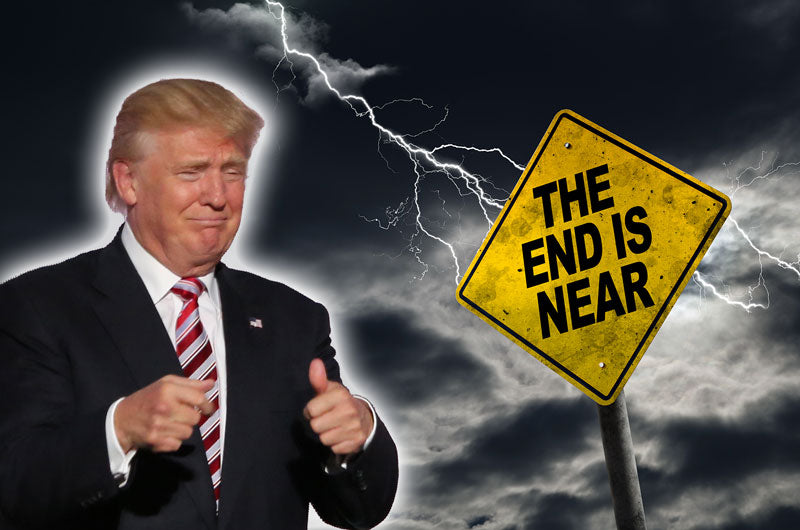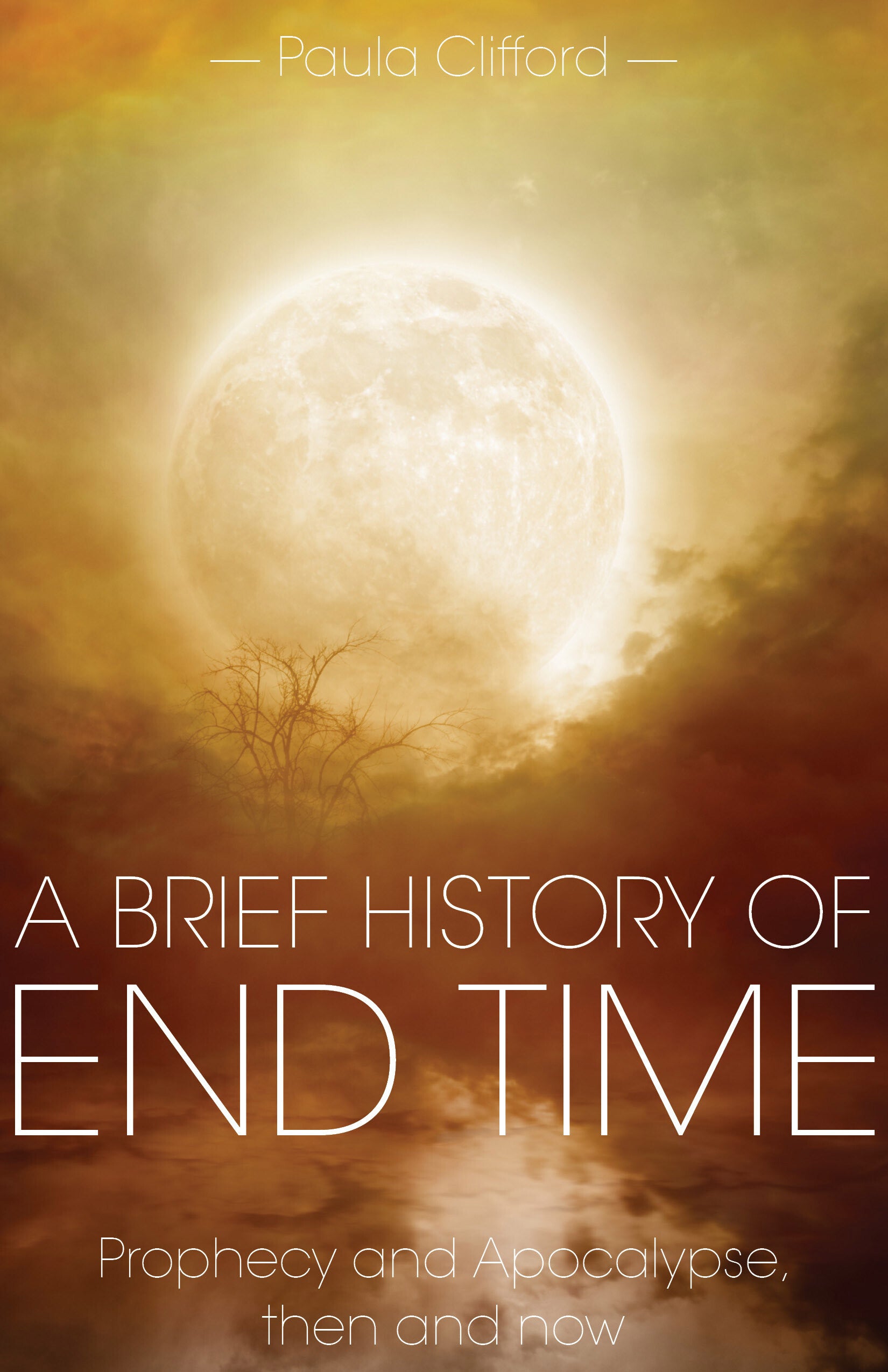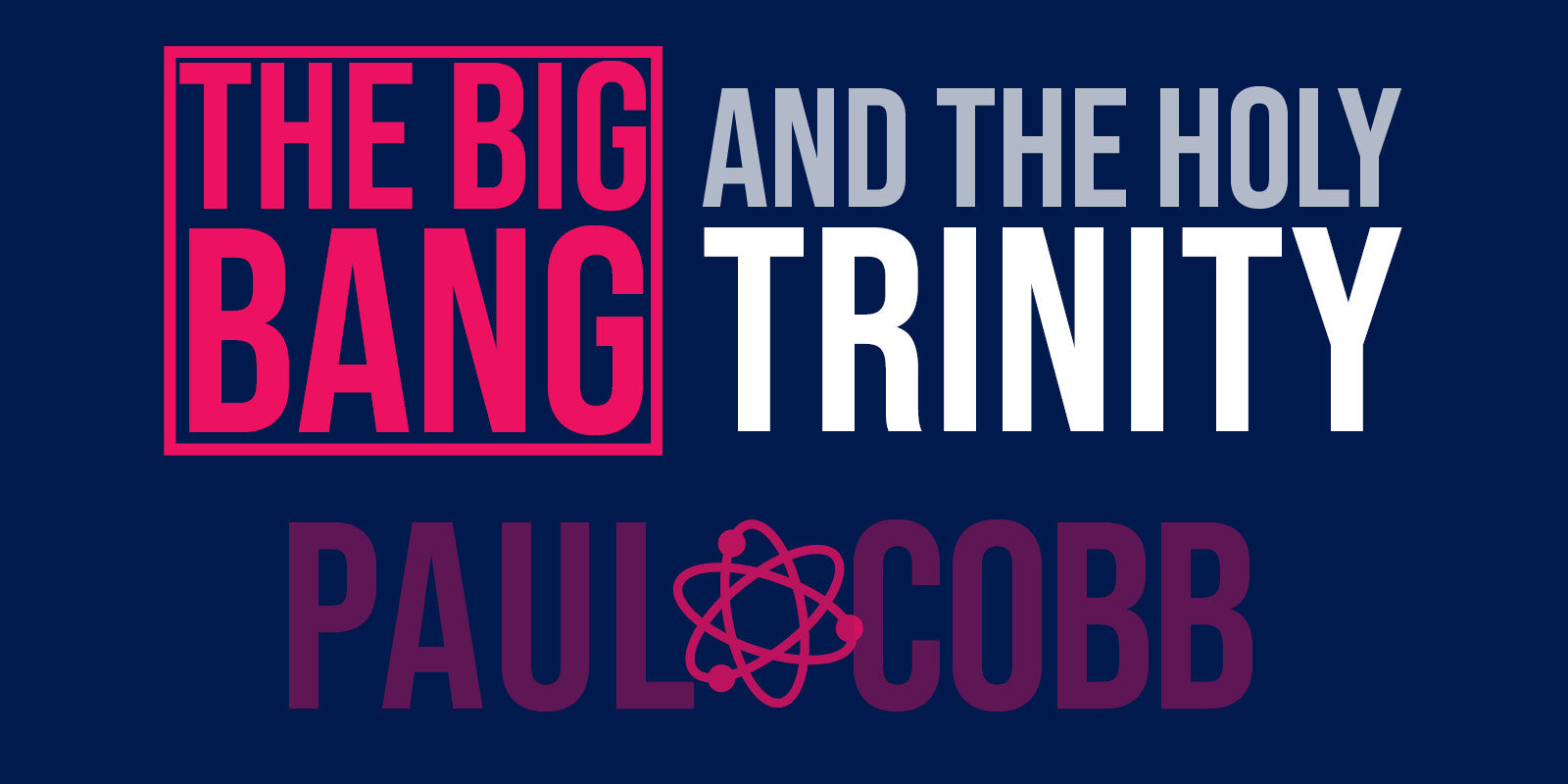
“Apocalypse off for now” was the striking headline in the Washington Post (17 October 2016), a paper that was not alone in highlighting the fall of Dabiq, a small town in northern Syria, to Turkish-backed rebels last year. Dabiq is named in one of the Prophet Mohammed’s sayings as being the site of a final battle, a last conflict between Muslims and non-Muslims before the end of the world. The occupying Islamic State group apparently made much of this before they were driven out. Their farewell message? Wrong battle.
“Wrong battle” or, according to another source, a wrong understanding of the Prophet’s words, was a pretty predictable response. Surprisingly undaunted by their spectacular failure to get it right, groups and individuals who have predicted the end of the world have always been quick to seize on a new timing for the end, which will explain why they got it wrong the first time round.
 I first encountered this brazen rethinking to a significant degree when I started to research my book, A Brief History of End Time (second edition recently published by Sacristy Press). Very often it is not a question of wrong battles but of wrong dates. The West Country eccentric Joanna Southcott caught up in popular fears about a Napoleonic invasion, declared that the day of judgment would arrive in 1804, to be followed three years later by the 1,000-year reign of Christ on earth. When the appointed time came and went, she rescheduled for 1809.
I first encountered this brazen rethinking to a significant degree when I started to research my book, A Brief History of End Time (second edition recently published by Sacristy Press). Very often it is not a question of wrong battles but of wrong dates. The West Country eccentric Joanna Southcott caught up in popular fears about a Napoleonic invasion, declared that the day of judgment would arrive in 1804, to be followed three years later by the 1,000-year reign of Christ on earth. When the appointed time came and went, she rescheduled for 1809.
In the 1950s, a sociological study entitled When Prophecy Fails discussed the case of a certain “Mrs Keech”, who claimed that the world would be submerged by a great flood on 21 December of an unspecified year. Mrs Keech and her followers kept this to themselves until their preferred date had passed. Then they suddenly went public, in an effort to reaffirm their beliefs, that were now stronger than ever, to a wider audience. The group eventually petered out not because of their mistakes with the date but because their leaders were charged with disturbing the peace.
It is not only dates that go wrong. Deep in both popular and literary imagination is the idea that certain signs will precede the end, ranging from natural disasters (storms, floods) and cosmic events (comets are a favourite ill omen) to unnatural ones: birds fall from the sky, the sun rises in the west, while chaos strikes at our moral and social order.
These signs of the end seem to be rooted in the fear of things beyond our control. A little over twenty years ago, a prophecy by a Polish visionary, one Sister Marie Gabriel, predicted that a comet would not just be a sign of the end but would bring it about. Sister Marie Gabriel knew that the comet Shoemaker-Levy 9 was set to collide with Jupiter, and she decided that this would cause a fireball that would wipe out planet Earth. When the collision duly took place but without any ill effects on our planet, she reworked her prophecy. Now a piece of the comet itself was headed for Earth. Unfortunately not only was this not the case, but Sister Marie Gabriel made the mistake of referring to the comet as Halley’s comet. Wrong time, definitely wrong comet.
Dabiq has given us the wrong battle, but it is not impossible that there will be another Dabiq in the not too distant future. Maybe there are those who are actually longing for another battle of Dabiq, seeing the hostilities there as bringing about a welcome end. And it is certainly the case that in some extreme Christian thinking there is a conviction that we can give the coming of the end a helping hand. During the twentieth century, Christian fundamentalists argued that establishing the Jewish state of Israel would hasten the arrival of a new messianic age. More recently, the changing climate has been welcomed by some as a sign of the end, so for them efforts to impose a limit on global warming are unwelcome to say the least.
And now, on the eve of Donald Trump’s inauguration, many have predicted that his presidency will bring about the end of the world – most likely due to nuclear war. But it’s not just Mr Trump himself who has been the subject of apocalyptic speculation. The new president predicted that victory for Hillary Clinton would mean the “almost total destruction of our country as we know it”, while the whole election process, according to a writer in This Week, is nothing less than God’s judgment on the nation.
Dangerous thinking, this. But for the most part we are saved from gloom and doom by the unshakable optimism of some outlandish prophets. It is, after all, hard not to raise a smile at the description of “Mrs Keech” who determined that her followers must remove all metal, including zips, from their clothing, leaving them ready to enter their flying saucer with their trousers held up with string. Wrong date, and definitely the wrong strategy!
Paula Clifford’s book, A Brief History of End Time: Prophecy and Apocalypse, then and now, is available now. You can also read Paula’s previous writings about Donald Trump and the Apocalypse on our blog.











